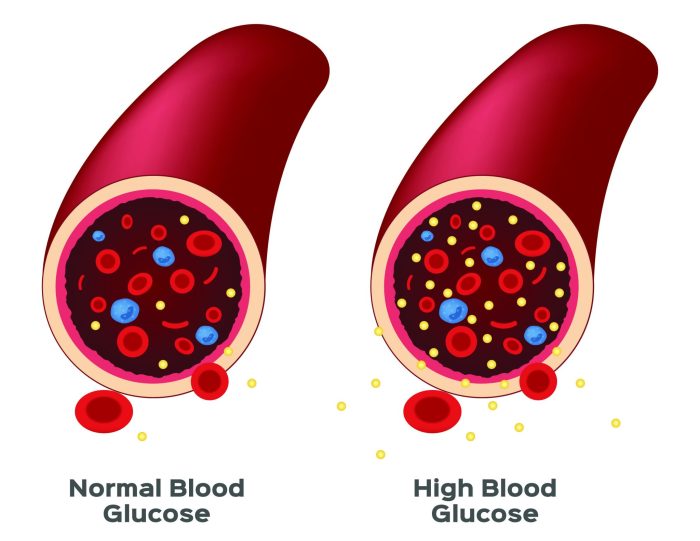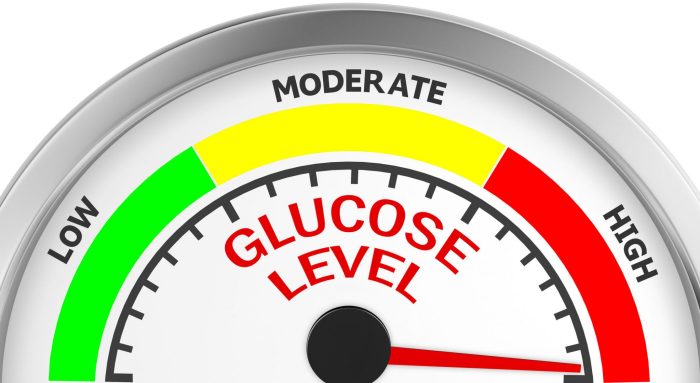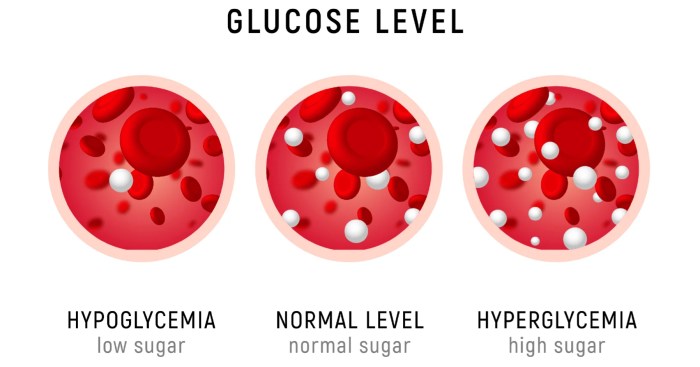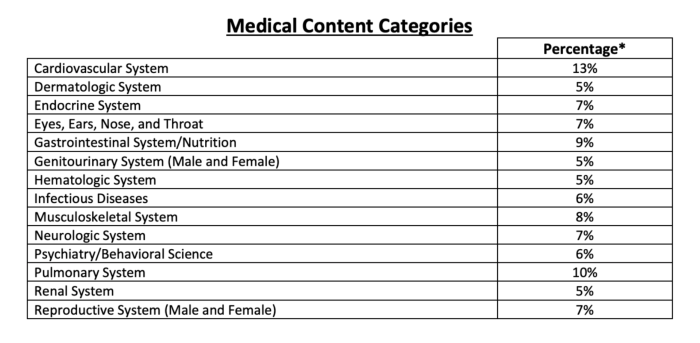Diabetes or hypoglycemia occurs when blood glucose regulation fails, a complex interplay of insulin resistance, deficiency, and impaired glucose counterregulation. Understanding this failure is crucial for effective management and prevention of associated complications.
This article delves into the pathophysiology, clinical manifestations, diagnosis, management, and prognosis of diabetes and hypoglycemia, providing a comprehensive overview for healthcare professionals and individuals seeking knowledge on these conditions.
1. Pathophysiology of Diabetes and Hypoglycemia: Diabetes Or Hypoglycemia Occurs When Blood Glucose Regulation Fails

Dysregulation of blood glucose homeostasis underlies both diabetes and hypoglycemia.
Role of Insulin in Blood Glucose Regulation
Insulin, a hormone secreted by the pancreas, plays a crucial role in maintaining blood glucose levels. It promotes glucose uptake by cells, facilitating its utilization for energy or storage.
Mechanisms Underlying Insulin Resistance and Deficiency in Diabetes
- Insulin resistance:Impaired cellular response to insulin, resulting in decreased glucose uptake and utilization.
- Insulin deficiency:Reduced or absent insulin production by the pancreas, leading to an inability to regulate blood glucose levels.
Factors Contributing to Hypoglycemia
- Excessive insulin secretion:Overproduction of insulin can lead to a rapid decline in blood glucose levels.
- Impaired glucose counterregulation:Failure of the body to release glucose from the liver and inhibit insulin secretion in response to hypoglycemia.
2. Clinical Manifestations and Diagnosis

Signs and Symptoms of Diabetes and Hypoglycemia
| Condition | Signs and Symptoms |
|---|---|
| Diabetes | – Polyuria, polydipsia, polyphagia
|
| Hypoglycemia | – Shakiness, sweating
|
Diagnostic Criteria
Diagnosis of diabetes and hypoglycemia is based on blood glucose levels:
- Diabetes:Fasting blood glucose ≥ 126 mg/dL or HbA1c ≥ 6.5%
- Hypoglycemia:Blood glucose< 70 mg/dL
Differential Diagnosis, Diabetes or hypoglycemia occurs when blood glucose regulation fails
Distinguishing between diabetes and hypoglycemia is crucial to guide appropriate treatment.
3. Management and Treatment

Principles of Diabetes Management
Diabetes management aims to control blood glucose levels and prevent complications:
- Lifestyle modifications:Diet, exercise, weight management
- Medication:Oral medications, insulin therapy
Types of Diabetes Medications
- Biguanides (e.g., metformin):Improve insulin sensitivity
- Sulfonylureas (e.g., glipizide):Stimulate insulin secretion
- Thiazolidinediones (e.g., pioglitazone):Enhance insulin action
- GLP-1 agonists (e.g., exenatide):Promote insulin secretion and slow gastric emptying
Emergency Treatment for Hypoglycemia
- 15-gram rule:Ingest 15 grams of fast-acting carbohydrate (e.g., glucose tablets, juice)
- Glucagon:Injectable hormone that stimulates liver glucose release
4. Complications and Prognosis

Potential Complications of Diabetes and Hypoglycemia
- Diabetes:Cardiovascular disease, neuropathy, retinopathy, kidney disease
- Hypoglycemia:Seizures, coma, death
Factors Influencing Prognosis
Prognosis in diabetes and hypoglycemia depends on:
- Timely diagnosis and management
- Patient adherence to treatment plan
- Control of blood glucose levels
Importance of Regular Monitoring and Follow-up Care
Regular monitoring of blood glucose levels and follow-up care are crucial for managing diabetes and hypoglycemia effectively.
Quick FAQs
What is the primary role of insulin in the body?
Insulin is a hormone that regulates blood glucose levels by facilitating glucose uptake into cells, particularly muscle and fat cells.
What are the key factors contributing to insulin resistance?
Obesity, physical inactivity, and genetic predisposition are major factors that contribute to insulin resistance, impairing insulin’s ability to promote glucose uptake.
How does excessive insulin secretion lead to hypoglycemia?
Excessive insulin secretion can cause hypoglycemia by promoting glucose uptake into cells and inhibiting glucose production by the liver, resulting in a rapid decrease in blood glucose levels.
What is the importance of differential diagnosis in distinguishing between diabetes and hypoglycemia?
Differential diagnosis is crucial to distinguish between diabetes and hypoglycemia because the treatment approaches and management strategies differ significantly for these two conditions.
